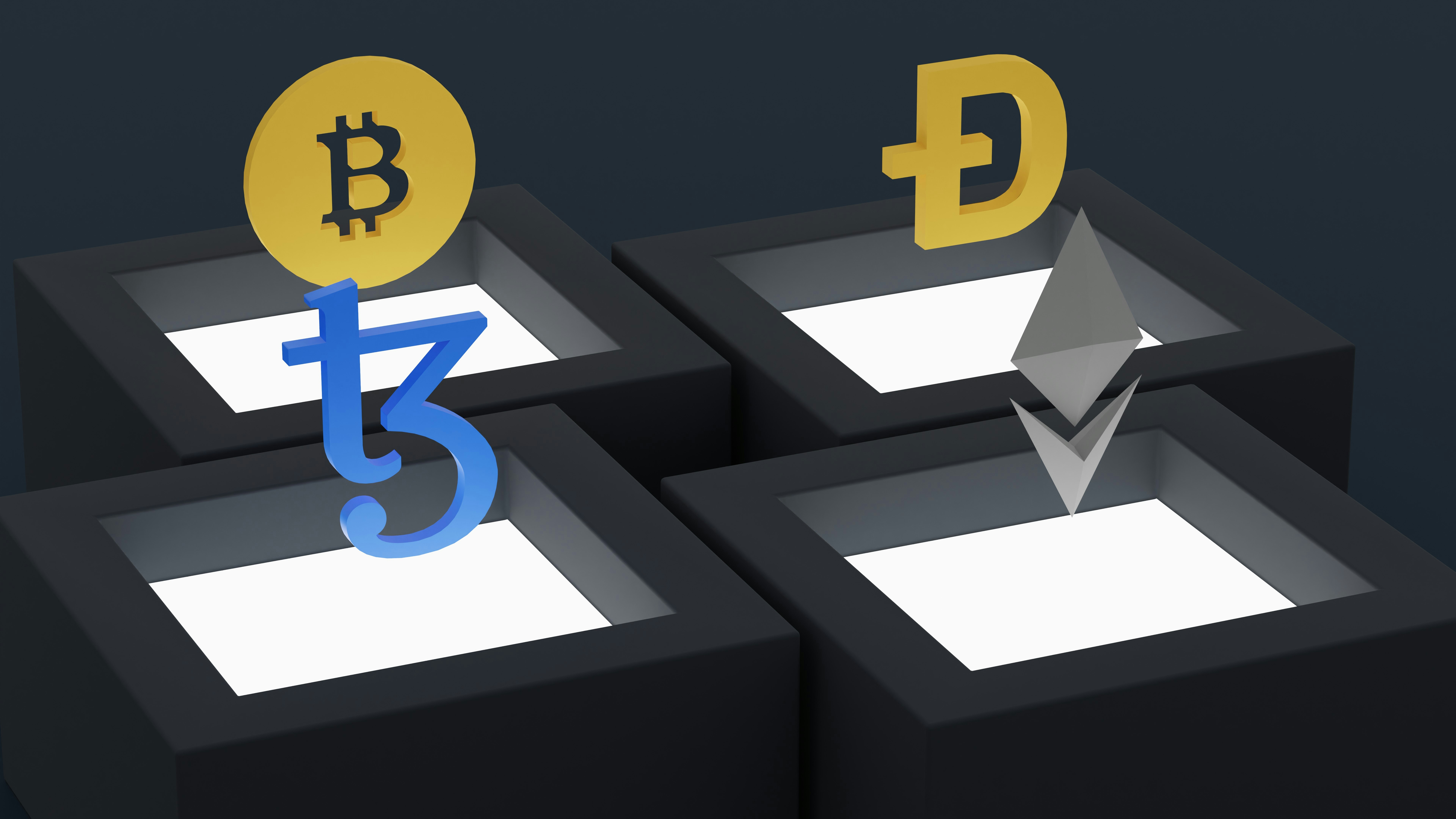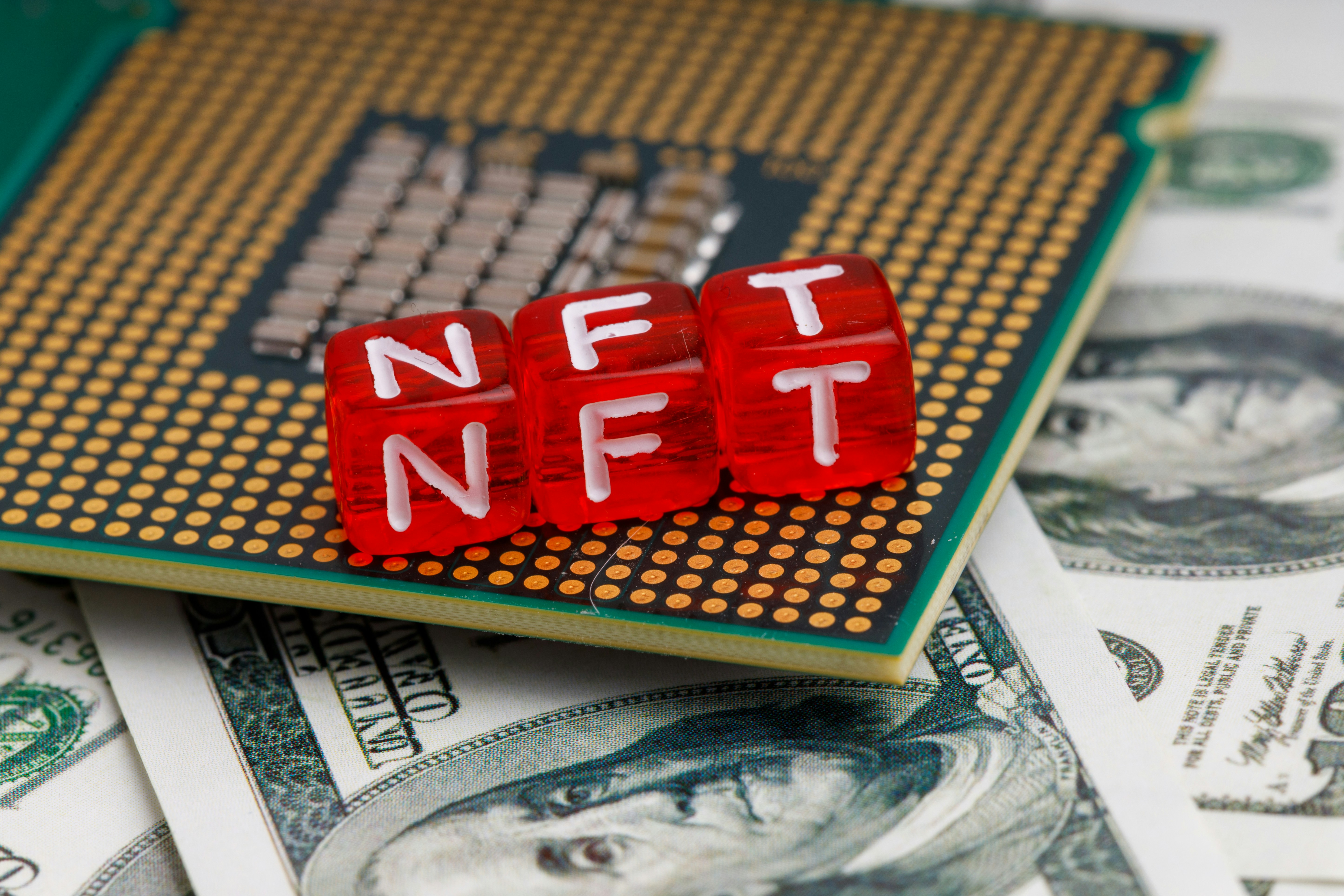Blockchain vs Traditional Databases: Key Differences, Advantages, and Use Cases
While traditional relational databases have long served enterprise needs effectively, blockchain introduces a decentralized, secure, and immutable alternative. Unlike centralized systems, blockchain ensures transparency, tamper-proof records, and peer-to-peer interaction without a central authority. Each transaction is encrypted and added to a chain of blocks through consensus, offering unmatched integrity. Though relational databases excel in speed and simplicity, blockchain stands out in trust, transparency, and security — making it a powerful solution for modern digital ecosystems.




